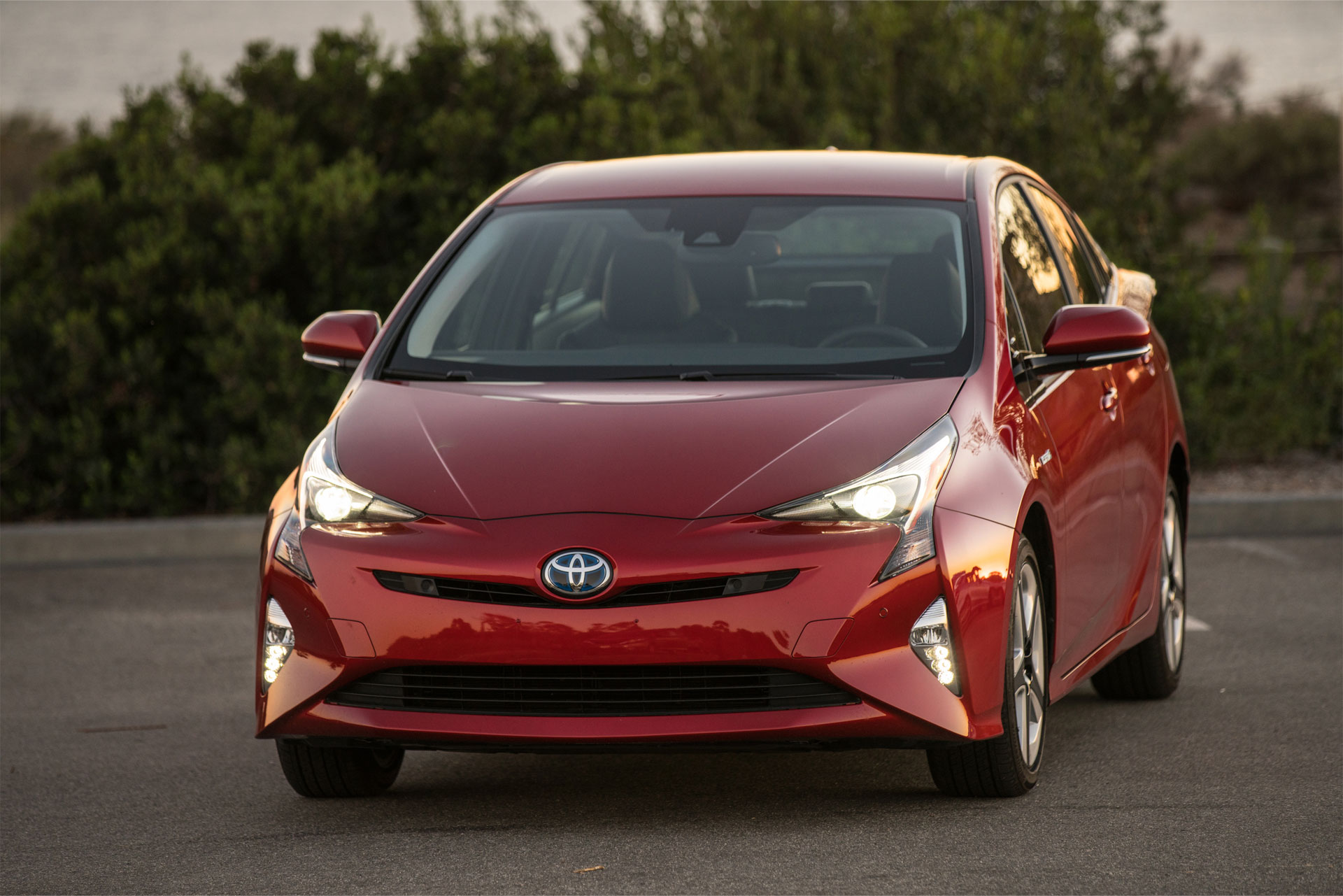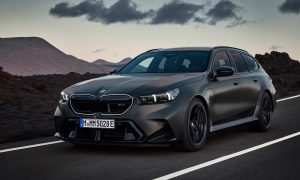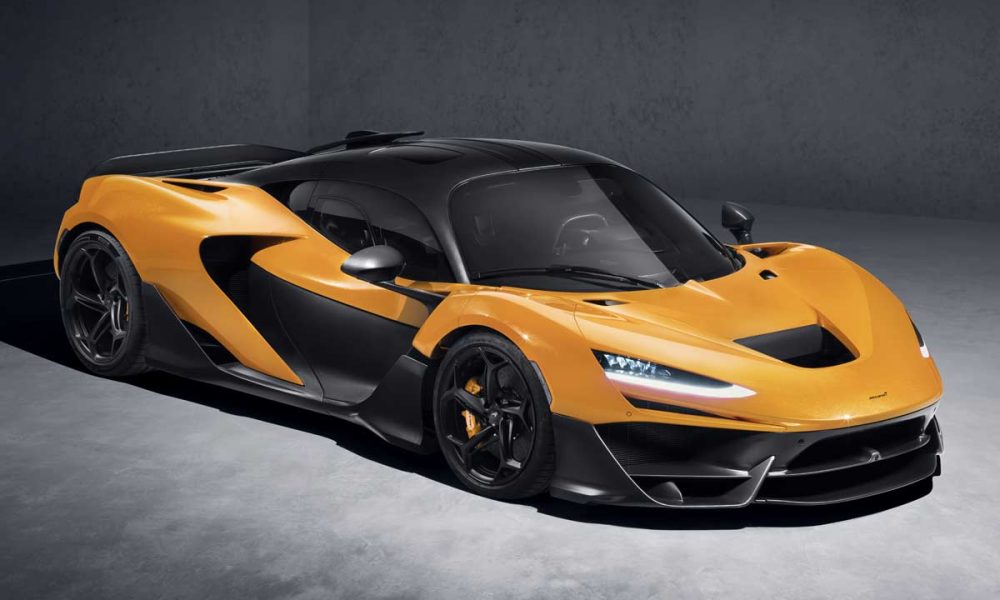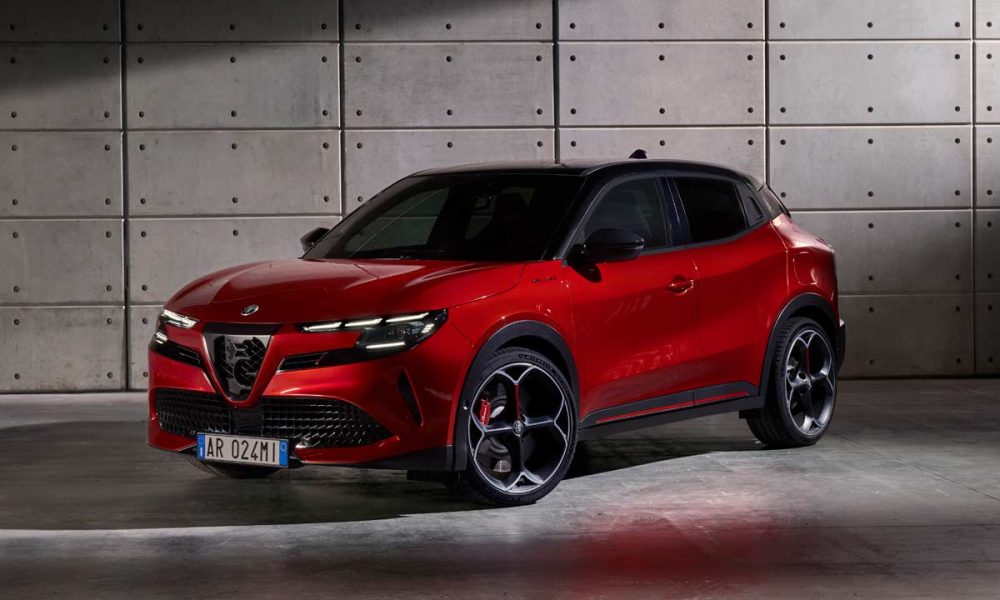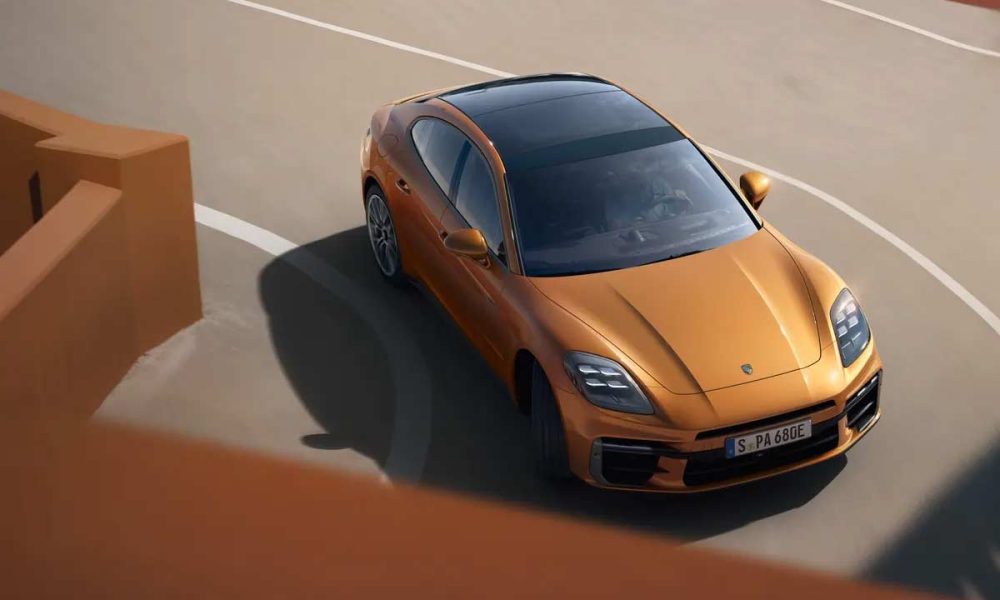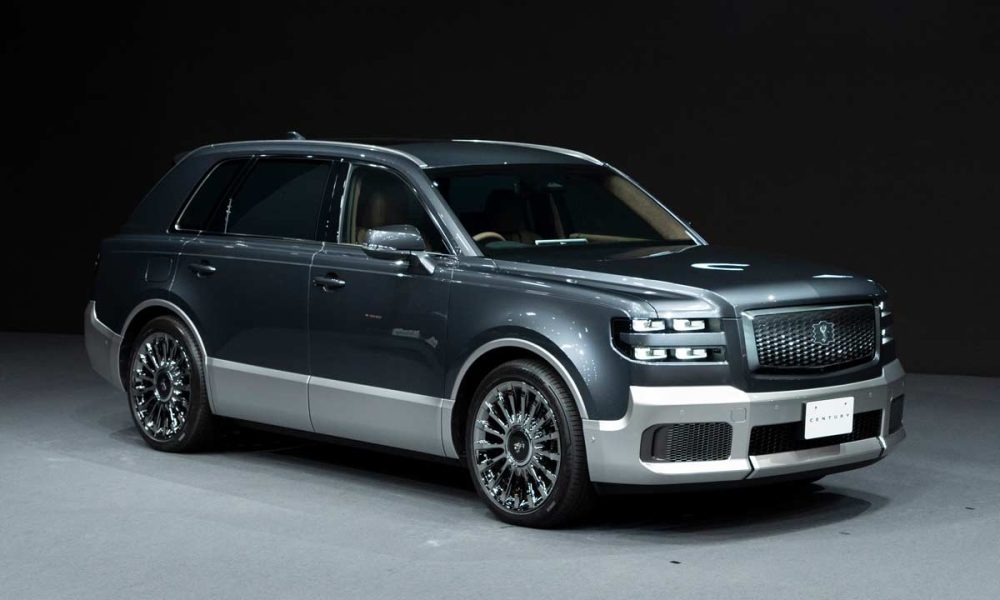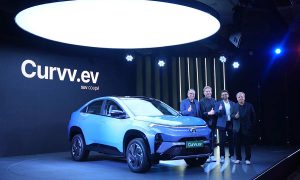A pot of dirty water can be fixed by just taking it to a kitchen or bathroom sink. Spill it, clean it, and refill it, it’s that simple. The same can’t be done with a dirty pond or a polluted lake, there is no “magic trick” we can do so that the lake gets cleaned overnight. First, we need to investigate what is polluting the lake, stop it from entering the lake, and then try and remove those pollutants, which could take months or several years.
It’s not like ‘demonetization’, where you ban two major banknotes overnight and expect corruption, black money, and fake notes to be *poof*, gone just like that. It doesn’t work that way. Slapping a 43% tax on hybrids doesn’t make people embrace pure electric vehicles overnight, that doesn’t work either. We don’t have dedicated charging stations like in the west. Our cities are congested and we have challenges with getting a space for something like that. In a country like India, things will take time. Hybrid cars are a very good (first) step in moving towards green mobility, especially educating people who don’t consider EVs and make fun of those who drive small electric cars.
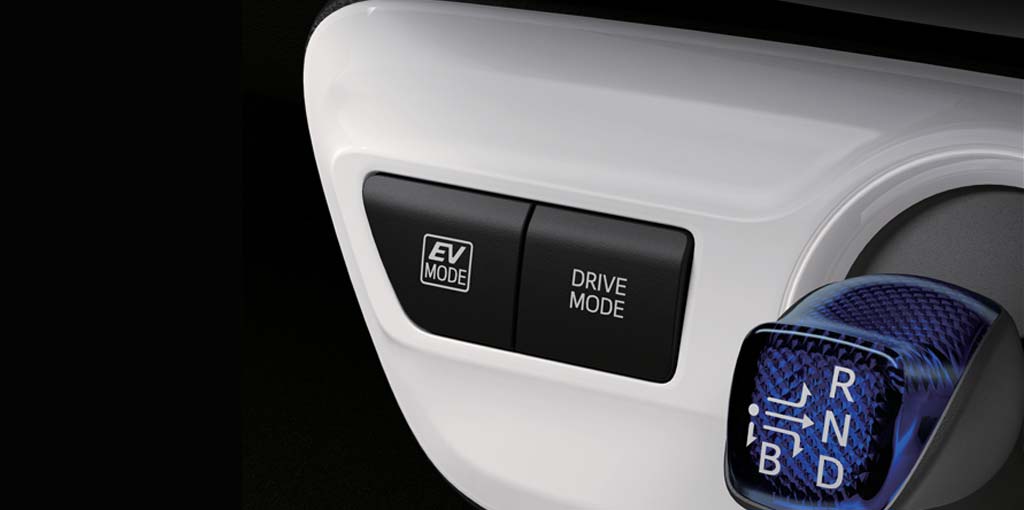
An advantage of the hybrids (not mild hybrids), is that most of them come with the EV Mode, where the car can be driven on pure electric mode for some distance. Toyota Prius Hybrid, for example, can go more than 20 km on EV Mode. These hybrids give people an idea of what an electric motor has to offer and help eliminate the range anxiety that is always associated with the EVs to an extent, since there are very very few charging points even in our metros. Hybrids can even boost confidence in that buyer to someday switch over to an all-electric vehicle. That’s how you bring people towards green mobility, step by step, while you work on setting up the infrastructure.
Everywhere in the world, there are some sort of benefits and encouragements for hybrid cars. The UK for instance, has categorized hybrids and EVs into category one, category two, and category three, and gives grants of up to £4,500, on a new car which emits less than 75 g/km of CO2 and travels at least 10 miles on EV mode. However, cars costing more than £60,000 will not qualify for a grant, regardless of how eco friendly it is. The US offers a good federal tax credit too.
Coming back to India, a steep 43% tax has resulted in a massive price hike on hybrids, threatening to kill them. It’s not just the “family cars” that are hybrids, these days there are sports cars with hybrid powertrains, such as the BMW i8. If you remember, Hyundai has plans to introduce the Ioniq hybrid next year, and might back off looking at the tax number.
While the plan to have lots of electric cars by 2030 is a good idea, while getting there, lynching hybrids is certainly not a good one. Hybrids must exist not only as a step towards all-electric mobility but also for those who want the best of both worlds.

Leave a Reply
Note: Comments that are unrelated to the post above get automatically filtered into the trash bin.
